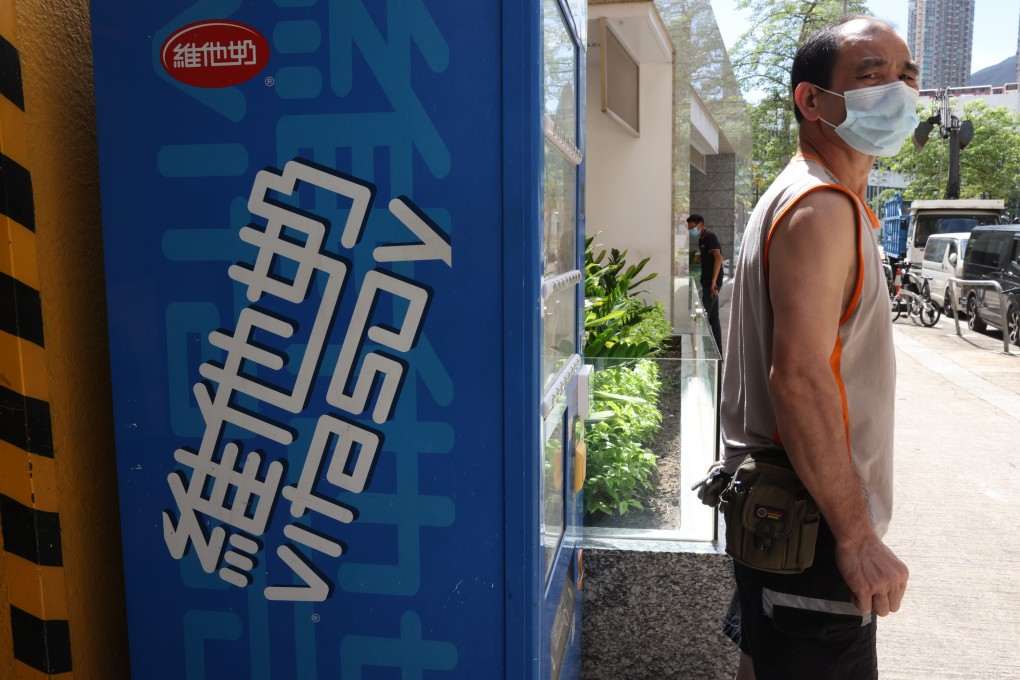Advertisement
Opinion | Vitasoy trouble shows dark side of cancel culture in divided Hong Kong
- For all of China’s efforts to roll back Westernisation, cancel culture is something mainland Chinese have embraced and taken to a whole new level
- One bad decision has the potential of snowballing and blowing up to an incredible scale in today’s world, but outrage does not make the world a better place
Reading Time:3 minutes
Why you can trust SCMP
33

To have an inappropriate, poorly worded memo leaked to the world is a human resources nightmare. The airing of a company’s dirty laundry has consequences, and now Vitasoy has both the author and leaker of the memo to thank for the public relations and business disaster that it has become.
Its shares plummeted 12 per cent, losing HK$3.7 billion (US$475 million) last Monday. The plunge occurred after the emergence of an internal company memo offering condolences to the family of the colleague who stabbed a Hong Kong policeman before killing himself on one of the city’s busiest streets on July 1, an attack authorities have called a lone-wolf terrorist attack.
The memo, which quickly went viral, prompted mainland Chinese social media users to call for a boycott of Vitasoy. With two-thirds of its revenue coming from mainland China, it had a major business impact. It is now usual practice for actors that have business ties with the outrage-causing company of the day to cut ties preemptively. Two have apparently done so with Vitasoy out of self-preservation.
Advertisement
Having the mainland paper Global Times jump in certainly did not help Vitasoy one bit. In an editorial, editor-in-chief Hu Xijin wrote that this sort of public shaming and boycott is encouraged and deemed it the patriotic thing to do.
The court of public opinion is in full session – “Whoever does not a have firm stance or engages in opportunism will pay a price”, the editorial read. Welcome to cancel culture with Chinese characteristics.
For all of China’s efforts to roll back Westernisation, cancel culture is something mainland Chinese have embraced and taken to a whole new level. It is the power of being the home of 1.4 billion people, and it is used as a rallying point for causes and retaliatory campaigns, such as that against the Xinjiang cotton ban. Chinese consumers showed themselves throwing away their branded possessions in protest on social media, and boycotted companies that banned Xinjiang cotton.
Advertisement
Advertisement
Select Voice
Choose your listening speed
Get through articles 2x faster
1.25x
250 WPM
Slow
Average
Fast
1.25x

